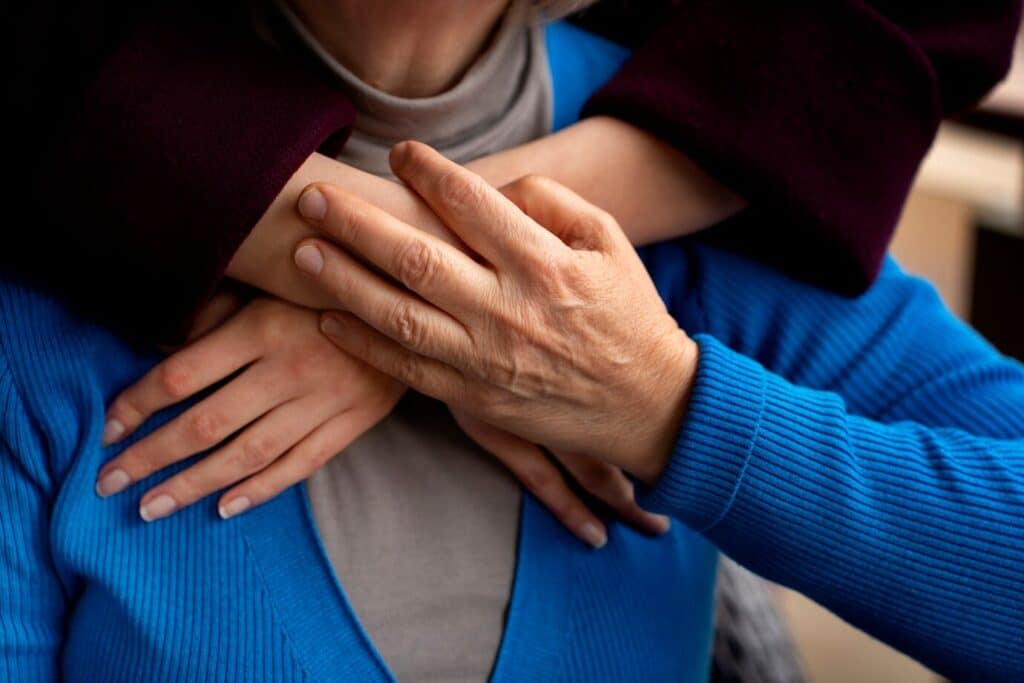Discovering the Essence of Elderly Care Facilities
When considering elderly care facilities, it’s essential to recognize that they provide more than just housing; they offer a supportive environment that enhances seniors’ quality of life. Westmont of Encinitas focuses on creating a residential care facility for the elderly that prioritizes well-being, companionship, and comprehensive care.
This residential care facility for the elderly caters to individual needs through tailored services, social engagement, and a welcoming atmosphere. Understanding their impact can help families make informed decisions about long-term care.
The Importance of Tailored Care Plans
Each resident has unique needs, so elderly care facilities develop personalized care plans. These plans ensure seniors receive the appropriate level of support, from daily assistance to specialized medical care.
Whether private homes for elderly care or more extensive facilities, customized plans enhance physical, emotional, and social well-being. Medication management, mobility assistance, and cognitive support foster independence while ensuring safety and comfort. Moreover, these plans are adaptable, evolving with each resident’s changing health conditions to provide consistent, high-quality care. Learn more about the unique needs of residents.
Creating a Warm and Inviting Atmosphere
A welcoming environment plays a crucial role in elderly care facilities. Residents thrive in spaces that feel like home, with thoughtful design and engaging activities that foster community.
Cozy Living Spaces
Transitioning into residential care facilities for the elderly can be daunting. However, a warm ambiance and comfortable surroundings make the change smoother. Features such as:
- Personalized rooms with cherished belongings
- Shared lounges for social interaction
- Safe outdoor spaces for relaxation and recreation
These elements provide a homelike setting where residents feel secure and connected. Socialization is also key—community events encourage friendships and reduce isolation.
Engaging Activities for Fulfillment
Beyond basic care, elderly care facilities enrich seniors’ lives with various recreational opportunities. Activities such as painting, music therapy, fitness classes, and group outings promote active lifestyles and cognitive engagement.
- Fitness programs. Yoga, stretching exercises, and walking clubs improve mobility and overall health.
- Creative pursuits. Art and craft workshops allow self-expression and skill-building.
Seasonal events and themed celebrations enhance residents’ experiences, fostering a lively and engaging community. Explore the joy of holiday celebrations within elderly care settings.
What Do Nursing Homes Provide? Ensuring Safety and Security
Security is a top priority in elderly care facilities. Whether in a private home for elderly care or a larger facility, safety measures ensure the well-being and peace of mind of residents.
Comprehensive Security Measures
Implementing thorough security measures creates a safe living environment. Features include:
- 24/7 surveillance to monitor activity and prevent unauthorized access
- Emergency response systems for immediate assistance
- Staff trained in crisis management to handle emergencies efficiently
Routine safety checks and health assessments help maintain a secure, comfortable space for all residents.

Reasons Elderly Go to Nursing Homes: The Role of Compassionate Staff
Compassionate caregivers form the foundation of elderly care facilities, ensuring residents feel valued and supported.
Professional and Empathetic Care
Caregivers provide personalized attention, fostering meaningful relationships with residents. Training in empathy, active listening, and crisis intervention equips staff to address emotional and medical needs effectively.
- Compassionate Communication. Staff engage with residents respectfully, ensuring they feel heard and understood.
- Specialized Support. Training in dementia care and managing chronic conditions enhances the quality of life.
A dedicated and caring team fosters a nurturing atmosphere where seniors feel comfortable and appreciated.
Promoting Social Connections and a Purposeful Life After Retirement
One of the key aspects of elderly care facilities is fostering meaningful relationships. Social interactions contribute to emotional well-being and a purposeful life after retirement.
Community Engagement
Regular social gatherings, group games, and shared meals encourage camaraderie among residents. Friendships formed in these settings combat loneliness and create a sense of belonging. Activities designed to promote social interaction include:
- Game nights and storytelling sessions. Strengthen cognitive skills while enhancing social bonds.
- Music and dance events. Create moments of joy and self-expression.
By cultivating a socially enriching environment, elderly care facilities ensure residents lead fulfilling lives filled with companionship and support.
Enhancing Quality of Life for Seniors
Providing exceptional care means going beyond basic needs—elderly care facilities strive to enhance every aspect of residents’ lives.
- Nutritious meals. Well-balanced, customized diets cater to specific dietary needs, promoting health and vitality.
- Mental wellness programs. Meditation, music therapy, and book clubs stimulate cognitive functions.
By focusing on holistic well-being, these facilities ensure seniors thrive in a nurturing, engaging environment.
In the heart of elderly care facilities, like Westmont of Encinitas, lies a commitment to dignity, happiness, and connection. From tailored care plans to compassionate staff, every element contributes to a supportive and enriching lifestyle. For more information, call us at 760-452-6037.
Dive into the vibrant life our Westmont communities have to offer.Find Where You Belong
Frequently Asked Questions
How do you take care of the elderly?
Taking care of the elderly involves meeting their physical, emotional, and social needs to ensure their well-being. This includes assisting with daily activities such as bathing, dressing, managing medication, and preparing meals. Providing companionship, encouraging social interactions, and ensuring a safe living environment are also important aspects of elderly care.
What is the meaning of elderly care?
Elderly care refers to the support and services provided to older adults to help them maintain their quality of life. This can include medical assistance, personal care, and emotional support, whether at home, in assisted living, or in specialized care facilities. The goal is to promote independence while ensuring safety, health, and comfort.
What is an elderly care unit?
An elderly care unit is a specialized healthcare facility or department dedicated to treating and supporting older adults. These units are often found in hospitals or nursing homes and provide medical care, rehabilitation, and assistance with daily activities. They cater to seniors with chronic illnesses, mobility challenges, or other age-related conditions requiring professional care.
What kind of care does an elderly person need?
The type of care an elderly person needs depends on their health, mobility, and level of independence. Some may require minimal assistance with daily tasks, while others need full-time care, including medical supervision, personal hygiene support, and mobility assistance. Social engagement, emotional support, and a safe living environment are also essential aspects of elderly care.








